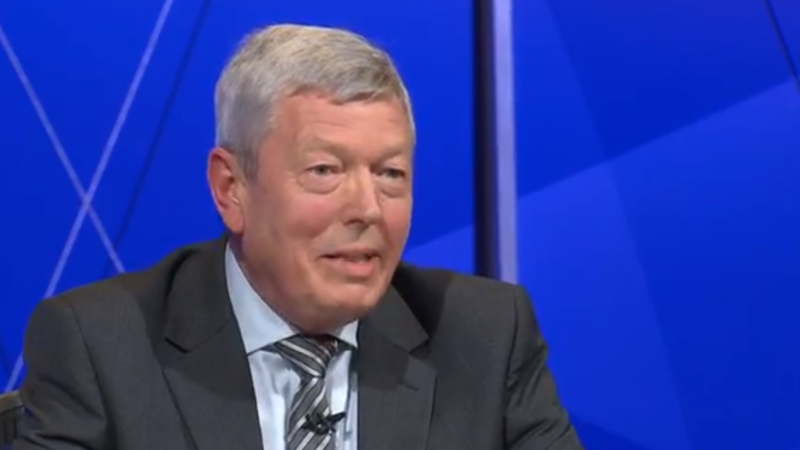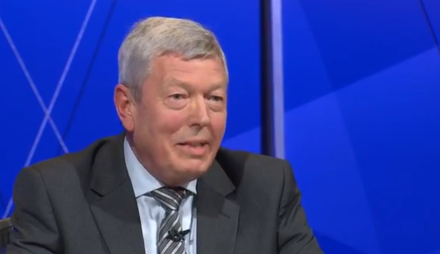

When Ed Miliband’s leadership faced a wobble last Autumn (or, at least, at the wobbliest bit of his leadership), LabourList published this editorial, calling on anonymous rebels to “put up or shut up”. I stand by that piece, and believe we were right to publish it. I have no problem with getting rid of underperforming leaders if there is a better alternative, but briefing nameless attacks on Miliband a few short months before the election was not to the benefit of anyone.
Most of all though, there was no obvious replacement who would definitely improve Labour’s standing in just six months. In which case, slagging off Ed Miliband to the newspapers, whether you put your name to it or not, was indulgent and damaging. Leave it in the pub.
At the time, I privately conceded that there was only one circumstance in which I would not have offered to put my name to the editorial – if I thought there was a reasonable chance that Alan Johnson would come in. To me, he was the only plausible option. It was obvious he had no interest in the role, though, and so that was that.
Today, The Guardian has published a leader column calling for the triumphant interim return of everyone’s favourite ex-postie. Understandably, the piece has gained some traction. While some of their criticisms of the leadership contest are fair (it is not right that in just a fortnight since the election, a couple of candidates have enough clout to block others from standing), some of the critique is flawed (no, the Conservatives do not have a “more open” system), and the conclusion is ridiculous.
The paper writes:
“Labour should put its thinking head on before it is too late. It should have agreed on an experienced interim leader who commands general confidence to take the party past the Scottish elections and the European referendum and into 2017, while preparing Labour – and its electoral system – for a proper contest between its next generation of leadership candidates in time for 2020. Ideally it should still do this. Someone like Alan Johnson would be perfect for that interim role. His experience, popularity and authenticity would help Labour start to think straight.”
Committing to a leader now for an election in five years is less than ideal – especially when we really do not know who the Tory leader will be going into 2020. But having a leader for five years did not contribute to Labour losing this election; having a bad leader did.
Publicly installing an interim leader would do nothing more than extend the leadership contest into 2017, not postpone it until then. It would encourage ambitious Shadow Cabinet members to work towards the goal of being elected leader, rather than focussing on being an effective opposition. While it might be a nice blue sky idea, in the real world you are asking people who need to work together to view their teammates as opponents for the next two years.
It would send a message to the public that Labour is not ready to govern, that the party wants to spend yet more time thinking about itself. “None of these candidates are fit to be leader,” the voters would hear, “but in two years we’ll choose one of them anyway.”
If the Tory Party, faced with an EU referendum it could not agree on, split next year and the Government fell, what then? Labour would go to the country with a leader pledging to stand down within a year?
No, the Labour Party must prove that it is mature enough to have this debate properly now, and choose a leader who appeals to people who don’t vote Labour. Putting it off won’t make it easier.




More from LabourList
‘The narrative must outweigh the negative’
Starmer would defeat Streeting in leadership contest, poll suggests
‘Rural road safety is not a remote issue – it is about protecting lives’